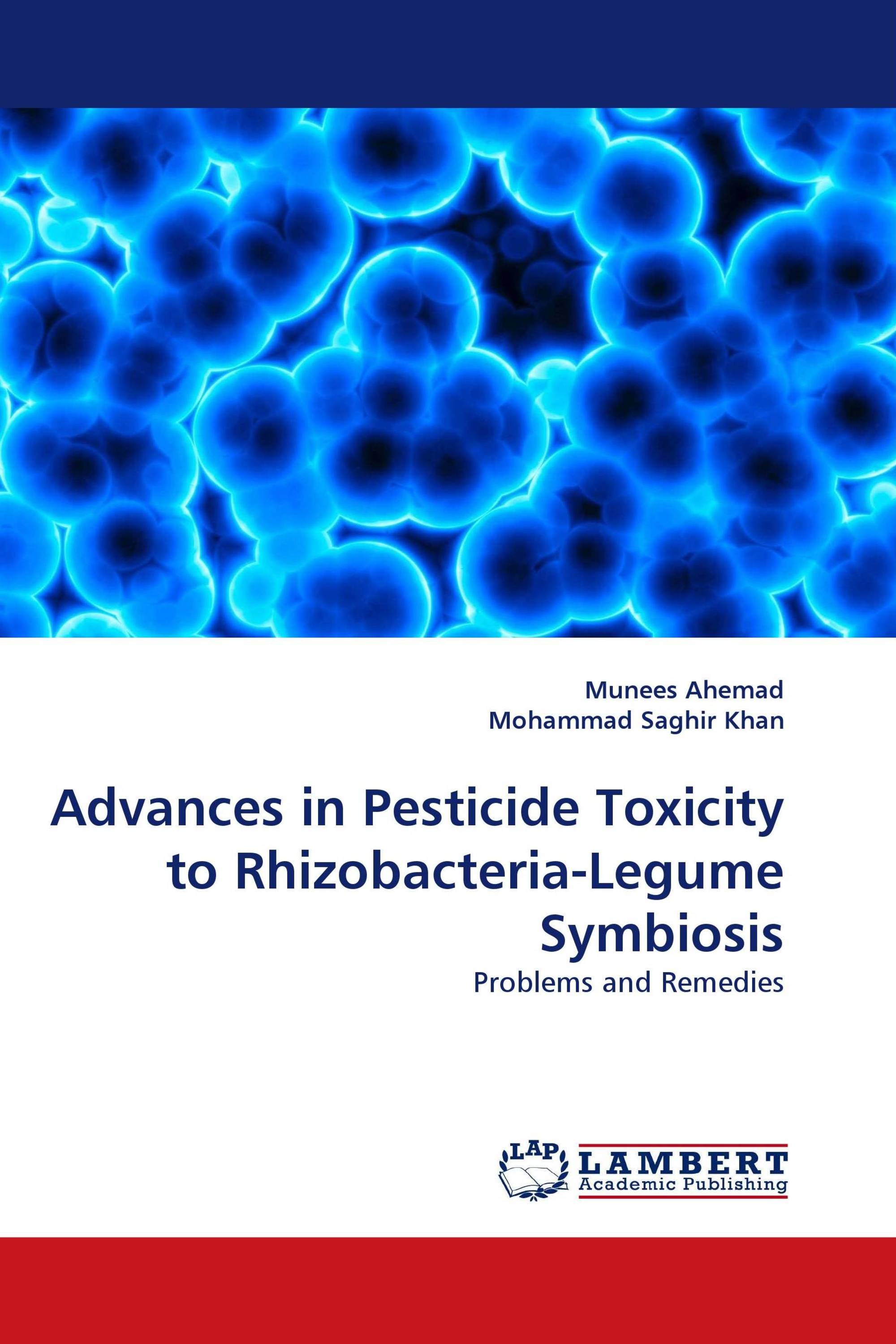Advances in Pesticide Toxicity to Rhizobacteria-Legume Symbiosis
Problems and Remedies
LAP Lambert Academic Publishing ( 19.07.2010 )
€ 79,00
In modern agronomic opertaions, pesticides are used globally to prevent/kill the organisms causing detrimental effects on crop plants. After application, a large portion of pesticides persists in soils and poses a major threat to both soil- microbial diversity of plant-growth-promoting- rhizobacteria (PGPR)including their plant-beneficial physiological activities and productivity of many agronomically important crops. Although, a lot of information on the toxic effects of pesticides on various legumes is available, there is however, a large inconsistency in the reported results. Consequently, it becomes difficult to draw a firm conclusion about the actual effects of pesticides on legumes and their respective symbiotic partners. This book presents the findings concerning the parallel study of a wide array of pesticides belonging to diverse chemical groups on legumes and rhizobacteria isolated from different legume and non- legume rhizospheres. This book also reveals a novel approach to enhance the performance and efficiency of legume crops like chickpea, pea, greengram and lentil grown in pesticide-stresses soils.
Kitap detayları: |
|
|
ISBN-13: |
978-3-8383-8613-3 |
|
ISBN-10: |
3838386132 |
|
EAN: |
9783838386133 |
|
Kitabın dili: |
English |
|
Yazar: |
Munees Ahemad |
|
Sayfa sayısı: |
272 |
|
Yayın tarihi: |
19.07.2010 |
|
Kategori: |
Mikrobiyoloji |




